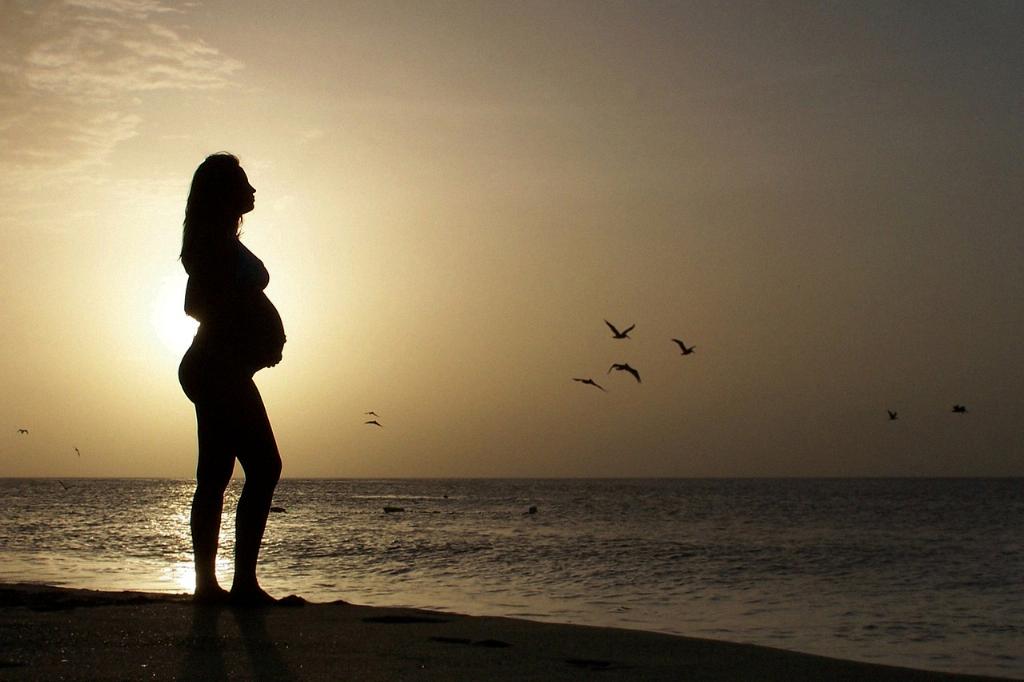When it comes to the complex process of conception and pregnancy, many individuals often have misconceptions and lack a clear understanding of how they are interconnected. Let’s delve deeper into the intricacies of this topic to shed light on the question: Does Conceive Mean The Day You Get Pregnant?
The Process of Conception
Conception marks the moment when a sperm cell successfully fertilizes an egg, leading to the formation of a zygote. This critical event typically occurs within 24 hours of ovulation, when the egg is released from the ovary and is ready to be fertilized.
Implantation and Pregnancy
Following fertilization, the fertilized egg, now known as a zygote, embarks on a journey towards the uterus where it will eventually implant itself into the uterine lining. This process typically occurs around six days after fertilization.
Determination of Pregnancy
It is important to note that the day of conception is not necessarily synonymous with the day you become pregnant. Pregnancy is commonly dated from the first day of your last menstrual period, which occurs approximately two weeks before conception.
Underlying Factors
Several factors come into play when determining the exact moment of pregnancy, including the timing of ovulation, fertilization, and implantation. These factors collectively contribute to the onset of pregnancy.
Medical Perspective
From a medical standpoint, pregnancy is typically confirmed through various diagnostic tests that detect the presence of human chorionic gonadotropin (hCG) hormone in the blood or urine. These tests can provide a more precise indication of pregnancy.
Development of the Embryo
Following implantation, the zygote begins to undergo rapid cell division, eventually forming a blastocyst and later developing into an embryo. This developmental process signifies the early stages of pregnancy.
Timeline of Gestation
Pregnancy is commonly divided into three trimesters, each encompassing distinct stages of fetal development. The first trimester spans from conception to week 12, marking a crucial period of embryonic growth.
Clarifying Misconceptions
While conception marks the initiation of pregnancy, it is essential to recognize that the journey to motherhood involves a series of intricate biological processes that unfold over time. Understanding these nuances can clarify any misconceptions surrounding the concept of conception.
Emotional Significance
For many individuals, the moment of conception carries profound emotional significance as it signifies the creation of new life. This emotional aspect of the conception process highlights the deep-seated desire for parenthood and the beginning of a transformative journey.
Conclusion
In conclusion, the question of whether conception equates to the day you get pregnant requires a nuanced understanding of the biological mechanisms underlying pregnancy. While conception marks a pivotal moment in the reproductive process, pregnancy encompasses a broader timeline of events leading to the birth of a child.

